In the latest episode of lashing out over its insecurities, China has called upon the United States to “rectify its mistakes” regarding an update to a government website.
In an update on the Department of State’s website, the Donald Trump administration has changed the wording regarding Taiwan, the self-ruled island off the cost of mainland China that the Communist Party of China (CPC) considers to be a breakaway province. China is committed to the reunification of Taiwan with the mainland and has not ruled out the use of force for it.
As commentators have said that Trump wants to withdraw US commitments from Europe to focus on addressing the challenge from China in the Indo-Pacific, the update on the Dept. of State and China’s reactions have led to speculation whether the Trump administration is changing US policy regarding Taiwan and setting the stage for a clash in the Indo-Pacific.
Taiwan is the among the most sensitive issues for China along with Tibet and Tiananmen Square where it does not tolerate any deviation from the party line. While China has occupied Tibet since 1950-51 and systematically dismantled native Buddhist culture and heritage, it massacred several thousands of pro-democracy activists at the Tiananmen Square in 1989.
Why is China angry with US over Taiwan?
In a factsheet on the Dept. of State’s website, a reference to the United States not supporting the independence of China has been dropped.
Even though the formal US commitment to the ‘One China’ policy means that the United States recognise only the CPC’s regime in Beijing in Chinese mainland, there was previously a disclaimer that “we do not support Taiwan independence”, according to Reuters.
In addition to dropping the reference, the website has added a reference to military and technology collaboration, including on semiconductors, between the United States and China.
In another change, while the website mentioned, the United States would support Taiwan’s membership in international organisations “where statehood is not a requirement”, the section now just reads that the United States supports Taiwan’s membership in international organisations “where applicable”.
While Taiwanese Foreign Ministry “welcomed the support and positive stance on US-Taiwan relations demonstrated in the relevant content” on the website, China called upon the United States to “rectify its mistakes”.
China accused the United States of sending “a seriously wrong message to Taiwan independence separatist forces”, according to The Daily Telegraph
“This is yet another example of the United States’ stubborn adherence to the erroneous policy of ‘using Taiwan to suppress China’. We urge the United States side to immediately rectify its mistakes,” said Chinese Foreign Ministry Spokesperson Guo Jiakun, as per The Telegraph.
Has US Taiwan policy changed?
In short, no, Trump has not changed policy on Taiwan.
As long as the United States remains committed to ‘One Chiny’ policy, the stand on China remains unchanged. In January, Secretary of State Marco Rubio had stated that the United States does not support Taiwan’s independence.
After the update on the factsheet on the website, the Department of State noted on Thursday that “we oppose any unilateral changes to the status quo from either side”.
“We expect cross-Strait differences to be resolved by peaceful means, free from coercion, in a manner acceptable to the people on both sides of the (Taiwan) Strait,” said the Dept. of State.
The China-Taiwan dispute is rooted in the Chinese Civil War (1945-49) between the Communists (CPC) and Nationalists (Kuomintang). The Communists won the Civil War and established the People’s Republic of China (PRC) and the Nationalists fled to the island of Taiwan and set up the Republic of China (ROC). Before the Communists won the Civil War and established PRC, China was formally named ROC and defeated Natioanalists sought to continue running that state in Taiwan.
Even though Taiwan is independent for all practical purposes, only 12 countries recognise it as an independent state as most of the countries recognise PRC as the real China and have diplomatic ties with that country. However, countries have deep informal ties with Taiwan and the United States has a strong economic, defence, and intelligence relationship with Taiwan. The United States is formally committed to the defence of Taiwan in case of Chinese aggression.
Joe Biden, the previous US President, was the most vocal supporter of Taiwan. He repeatedly said that he was open to deploying US military to help Taiwan fend off a Chinese invasion. Until Biden, the US policy regarding Taiwan had been that of ‘strategic ambiguity’ where even though the United States was committed to the defence of Taiwan, the exact nature of that commitment was kept ambiguous. However, even Biden’s comments were much nuanced — even if much of the media coverage took away the nuance.
In January 2024, when Biden committed to the defence of Taiwan for the third time, he did not exactly imply a Nato-like commitment. Instead, he was putting the Chinese designs regarding Taiwan in a broader context of the China-Russia ties. In the same statement, he reiterated the US commitment to the ‘One China’ policy.
“If there is no rapprochement between Ukraine and Russia and sanctions are not sustained in many ways, then what signal does it send to China about attempting to take Taiwan by force. They [China] are already flirting with danger by flying so close and all the manoeuvres they are undertaking,” said Biden at the press conference.
Biden further said, “The US made the commitment. We support the One China Policy. That does not mean China has the jurisdiction to use force to take over Taiwan. We stand firmly with Japan and other nations to not let that happen. I expect it will not happen. It will not be attempted. My expectation is a lot of it depends on how strongly the world makes it clear that this kind of action is going to result in long-term disapprobation by the rest of the community.”
When asked by a reported whether he would be willing to get involved militarily, Biden said “yes”.
Biden further said, “That is the commitment we made. Here is the situation: we agree with the One China Policy. We signed on to it and all the attendant agreements made from there. But the idea that it can be taken by force is just not appropriate. It will dislocate the entire region and be another action similar to what happened in Ukraine. So, it is a burden that is even stronger.”
From the broader exchange, it is clear that even Biden did not explicitly change the US policy but was deploying the strategic ambiguity in a clever manner.
As for Trump, he is unlikely to emerge as a supporter of Taiwan. He has slammed Taiwan for taking away jobs and adversely affecting the US semiconductor industry. He has also threatened the country with tariffs. To avoid such tariffs, Taiwan is preparing to ramp up investments in the United States.


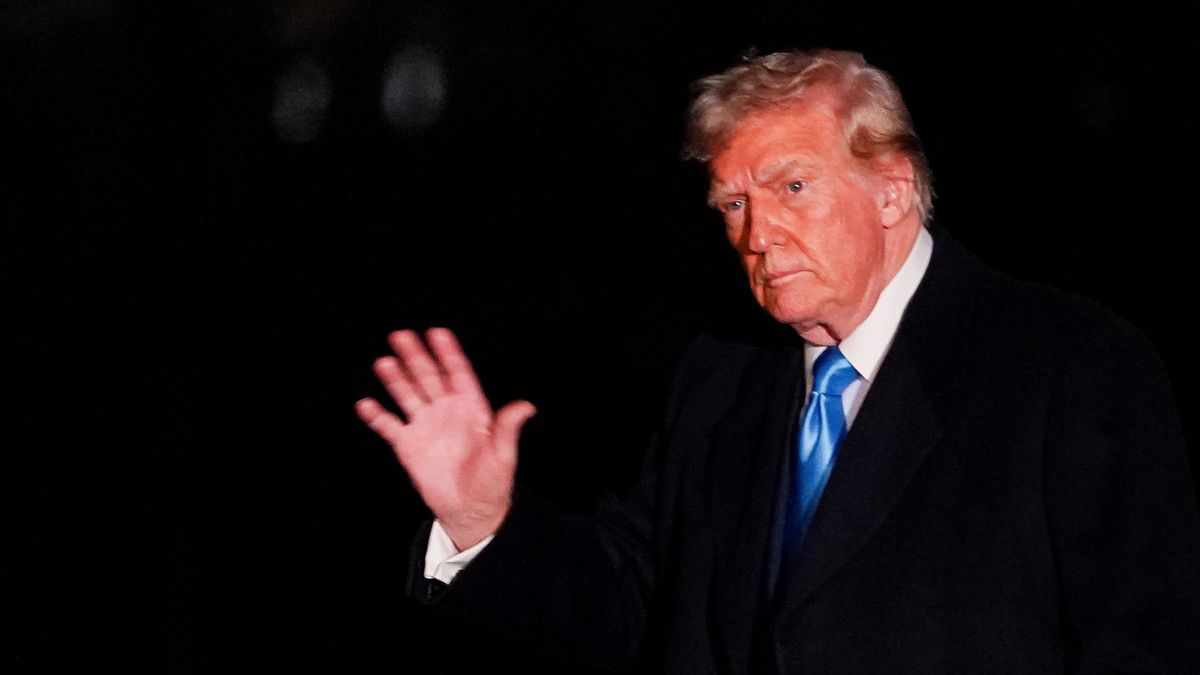)
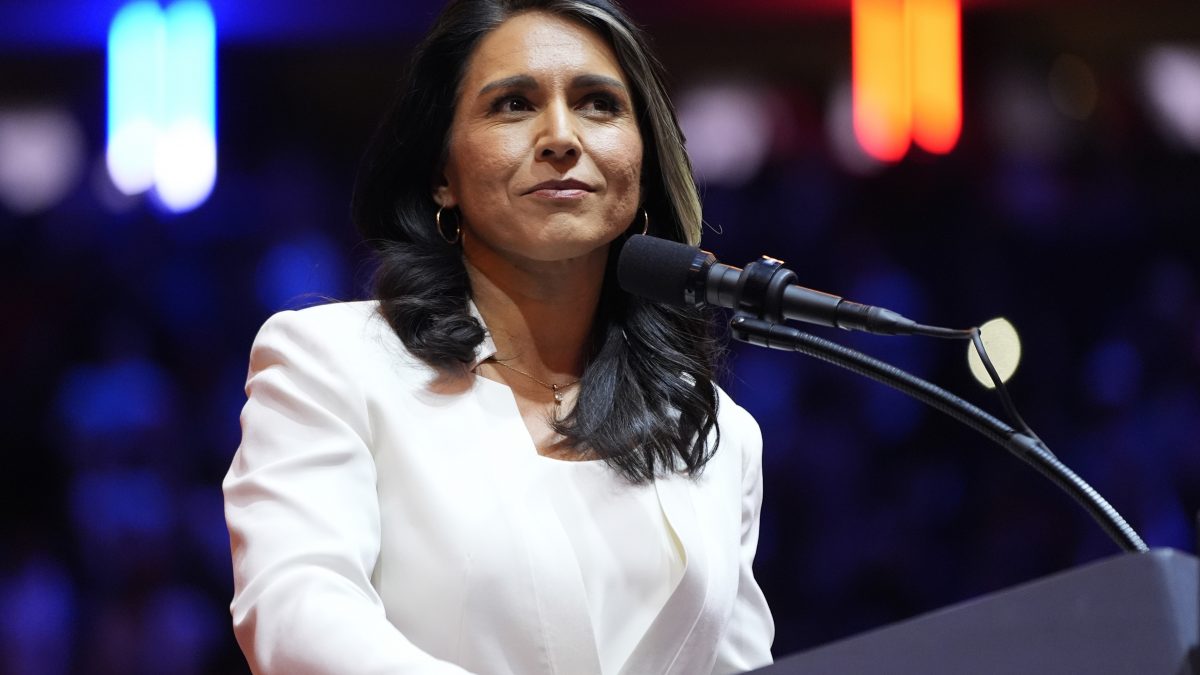)
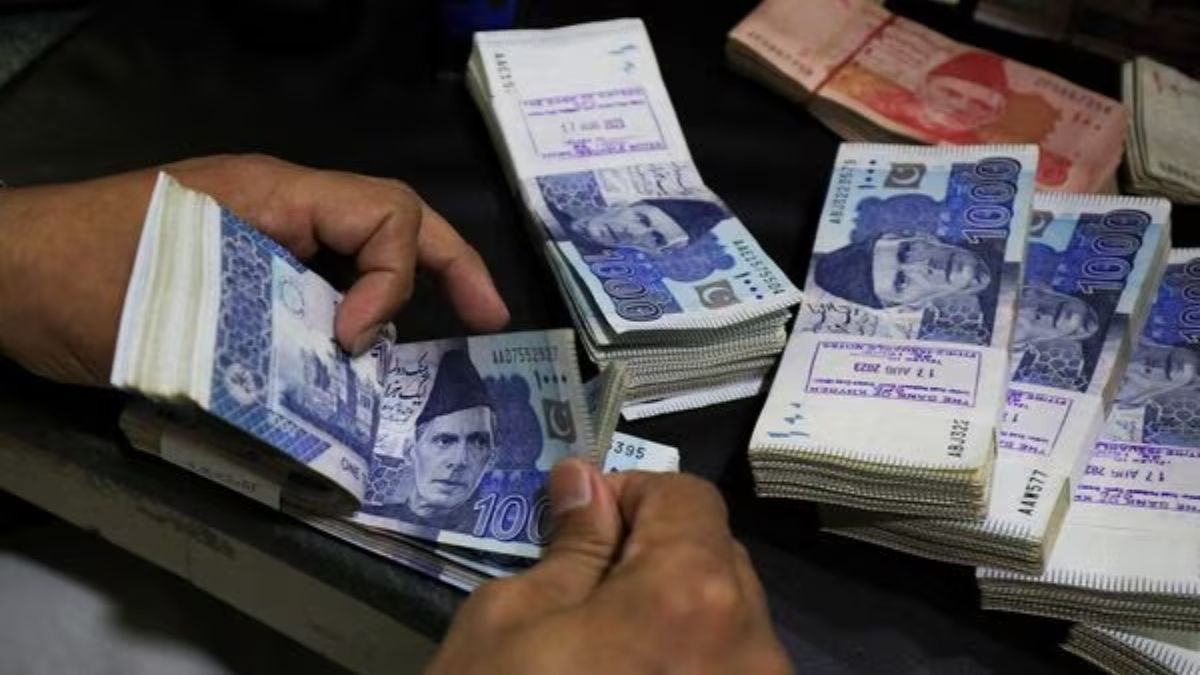)
)
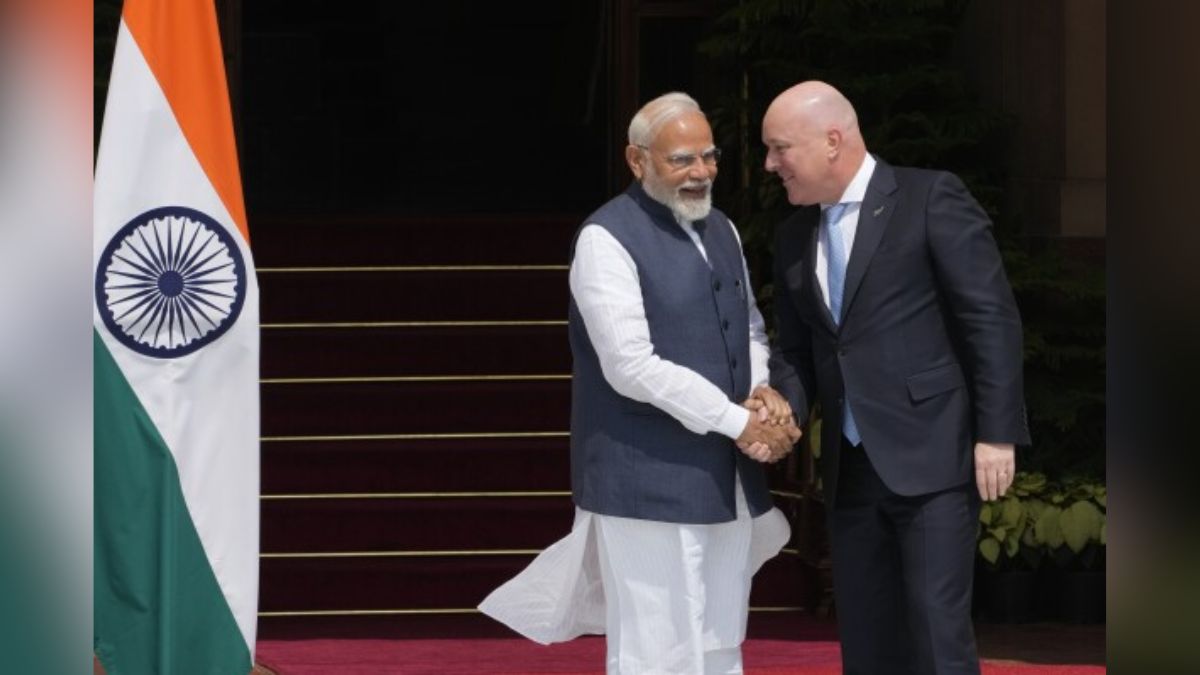)
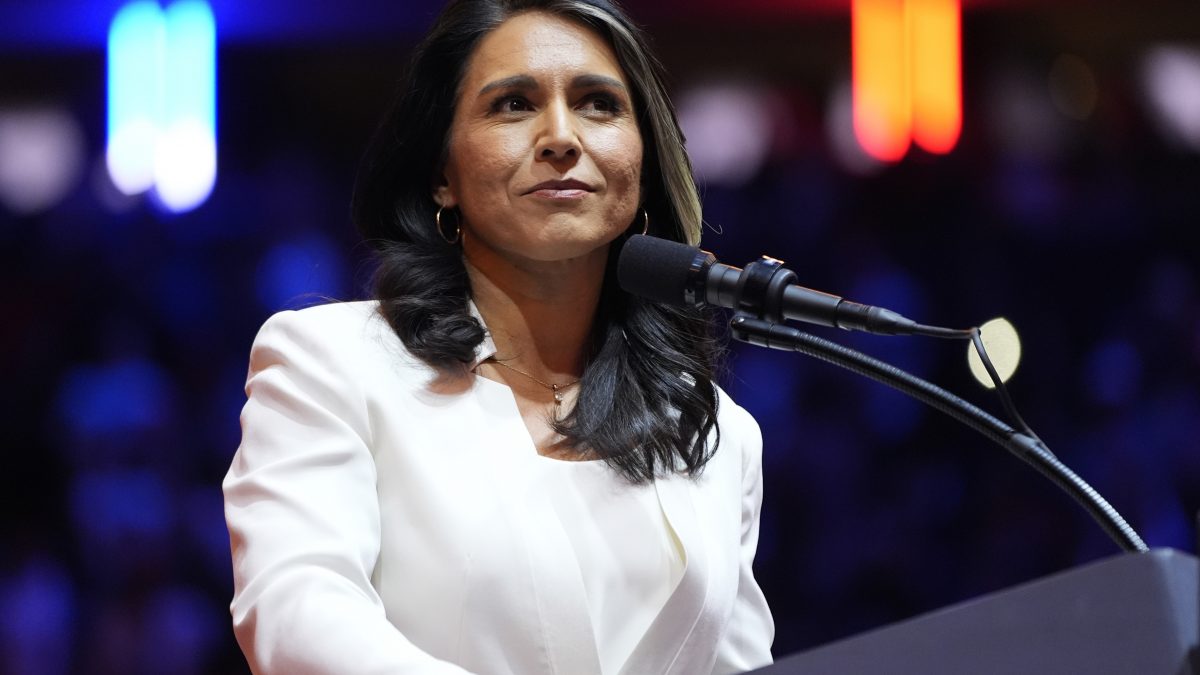)
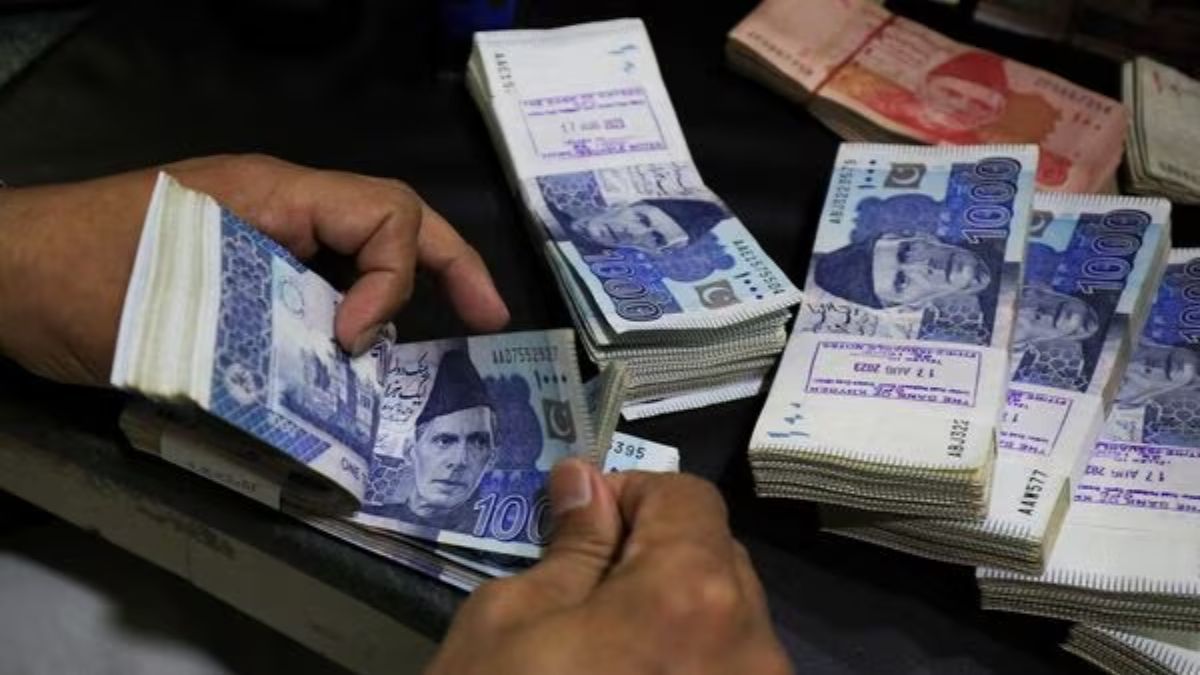)
)
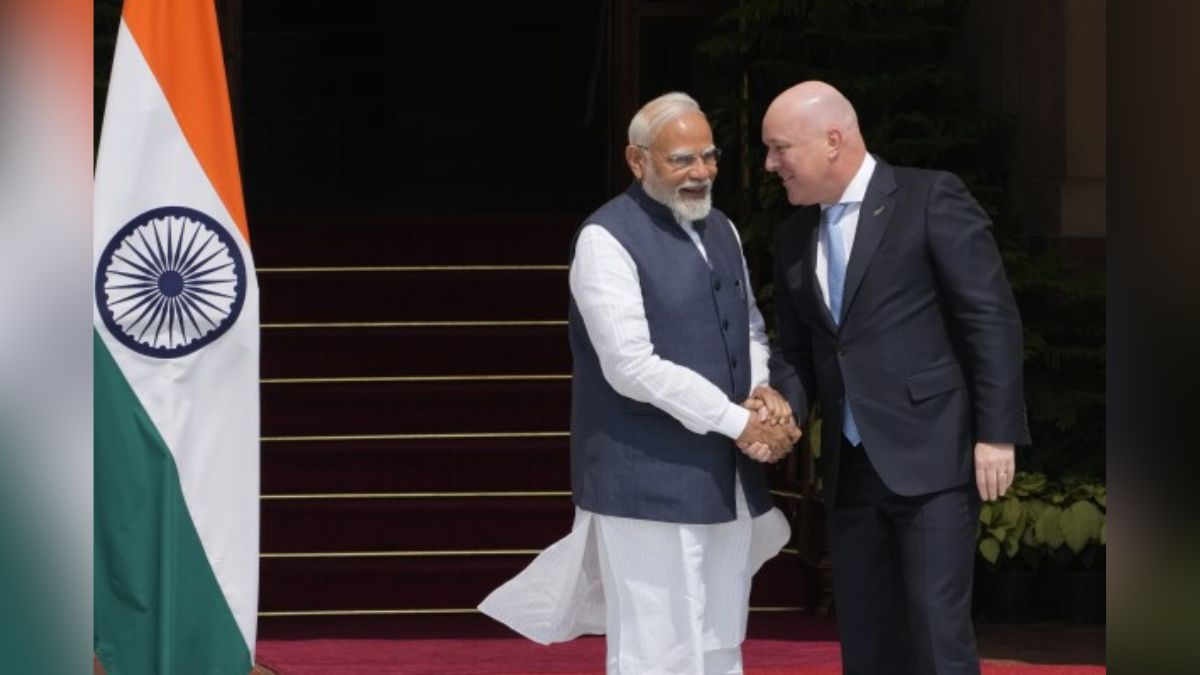)



